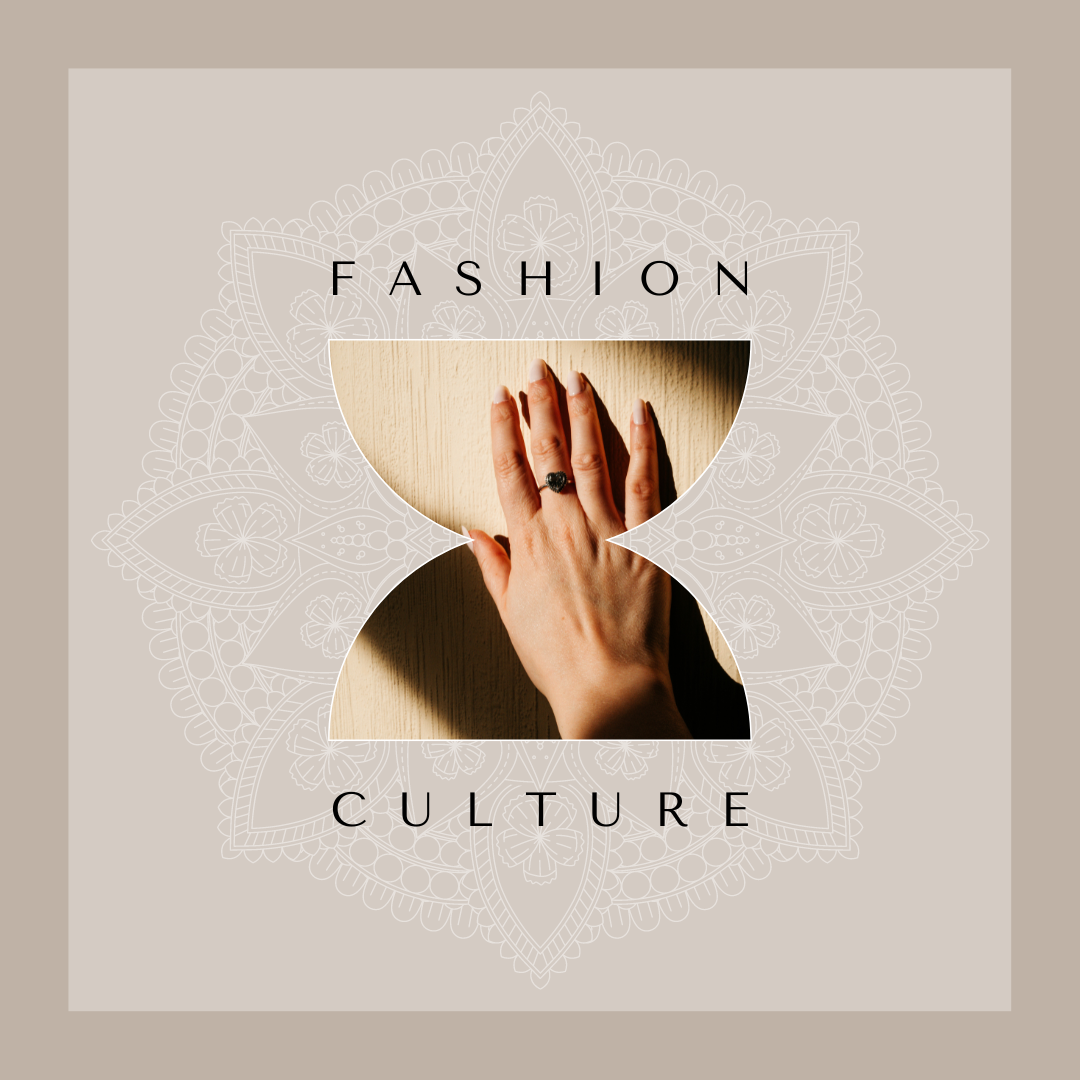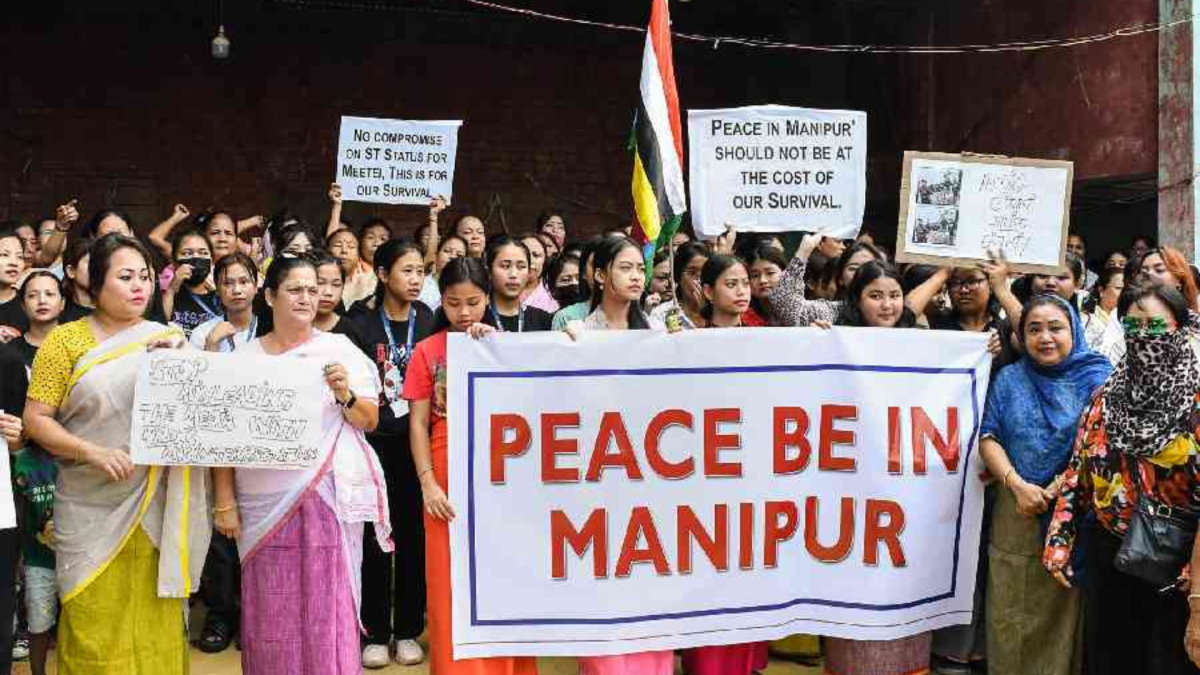In order to become a global citizen and leader, you must first learn to comprehend a culture that is different from your own. It’s crucial to note, too, that there’s a distinction to be made between admiration and appropriation. Appreciation is when someone tries to comprehend and learn about other cultures in order to extend their horizons and make cross-cultural connections. Appropriation, on the other hand, is just copying one part of another culture and exploiting it for your own personal gratification or self motivated gains. Appropriation might include buying a piece of jewelry or apparel that has significant cultural importance to that culture, but only wearing it for fashion purposes. Or putting your hair in a style that has historically been worn by people of other cultures or races.
In any case, acquiring another culture without fully comprehending what it entails may be destructive not just to the people whose culture you adopt, but also to those with whom you decide to share it. ‘Cultural Appropriation’ – the word is a mouthful, however, it is common, cultural appropriation occurs when a dominating culture appropriates something from another oppressed culture.
To break down complex terms further, A ‘dominant culture’ is the most apparent and acceptable culture within a population, while ‘oppression’ refers to prejudice that is repeated and sustained. It is something that is conducted by powerful institutions like courts, the military forces, and schools. It’s not only one-on-one prejudice; it’s also a type of structural discrimination, which means it’s sanctioned by strong authorities. All types of marginalisation, including racism, xenophobia, homophobia, and misogyny, are forms of oppression.
When we consider oppression in a culture, it is frequently the outcome of colonialism, in which a dominating group claims control of the territory and its people. When the dominant culture continues to take features of the non-dominant community, the non-dominant community faces economic injustice and disadvantages. Cultural appropriation also has the unfortunate side effect of providing credit to the dominant group for features of a culture which they have appropriated, perpetuating the power difference between the two communities.
Kylie Jenner, for example, was credited with pioneering a ‘edgy’ new hair style, whereas black actress Zendaya was chastised for doing the same. It’s fascinating to see that Zendaya’s real hair was viewed as a flaw. However, Kylie Jenner, who has no links to black culture, got credited for stealing something which isn’t hers. Aside from that, cultural appropriation frequently reinforces prejudices about non-dominant cultures. Throughout Halloween, stereotypes such as the Native American chief, the Arab sheik, and the Japanese geisha, may appear. When individuals from dominant cultures ‘wear a costume’ this way, they are reducing something culturally significant to a mere costume in order for the dominant group to have ‘a little amusement.’ It also perpetuates prejudices of this nature. When cultures are suppressed, stereotypes typically exacerbate the bad effects.
There are also occasions when trying something from a foreign culture is encouraged. It is not cultural appropriation to be welcomed to an Indian wedding provided the hosts are fine with you donning traditional attire. Members from that culture have asked you to participate. As a result, the all-important concepts of domination and oppression are absent, which is why cultural appropriation is such a major concern to begin with.
Essentially, when one ‘steals’ a part of a culture that does not belong to them, and has been historically oppressed by their own community, it can be considered disrespectful and appropriative to dress in ways typical to the oppressed community, replicating features for which said community faces oppression while you get called a ‘fashion icon’
It is cultural admiration and appreciation when you have been welcomed into the culture, you credit the culture from which you borrow practices, you respect their community and also make the effort to uplift them and support their voice!







